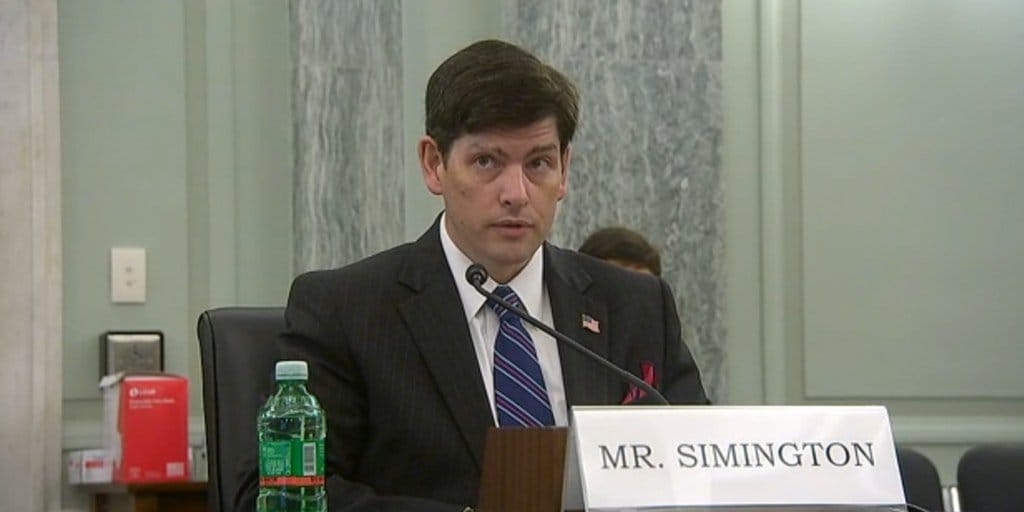FCC to Gather Information on Offshore Spectrum, Accurate 911 Call Routing
The FCC is examining the need and use cases for allocating spectrum for offshore use.

WASHINGTON, June 8, 2022 – The Federal Communications Commission voted in an open meeting Wednesday to examine technology that can improve wireless 911 call routing, propose a fine for interrupting U.S. forest service radio communications, and to seek comment on offshore spectrum needs and uses.
The FCC voted to begin gathering information through public comment on the “possible current and future needs, uses, and impacts of offshore wireless spectrum use,” including for cruise ships, oceanography and wind turbine projects. Other options, like satellite-based systems, are available to provide service.
The construction and operation of windfarms in the Atlantic and Pacific oceans and communication services between at-sea vessels require offshore spectrum. The notice of inquiry asks what other cases exist that require offshore spectrum access that are not being provided for under existing models.
“We seek more broadly to understand the extent of the demand to use offshore spectrum and more generally where that demand is concentrated,” stated the inquiry.
“It is important that the FCC stay ahead of the curve in its consideration of upcoming commercial spectrum needs and this item does just that,” said commissioner Nathan Simington.
911 call routing
The FCC launched an examination into technology that could result in faster response times by more precisely routing wireless 911 calls to the correct call center.
Some wireless emergency calls are made near city or county borders where the closest call center is in the neighboring jurisdiction, resulting in lost time as calls are rerouted to the correct call center.
Since 2018, when the FCC issued a Notice of Inquiry seeking comment on feasibility of routing 911 calls based on location of the caller versus location of the cellular tower, there have been many advancements in location-based routing technology. The FCC issued a Public Notice Wednesday seeking updated information on these technologies and the feasibility of adopting them into public use.
Last month, AT&T announced a new technology that would allow dispatchers to get a more accurate location of distressed calls by using the phone’s GPS.
Proposed fine for violating radio interference rules
The FCC also proposed a $34,000 fine Wednesday against Jason Frawley who, in 2021, allegedly interfered with radio communications that were guiding firefighting during the 1000-acre wildfire near Elk River, Idaho.
Frawley reportedly admitted to a Forest Service supervisor that he broadcasted on government frequencies in direct defiance to the Communications Act which prohibits any interference with authorized radio communications.
Neither the allegations nor the proposed sanctions are final FCC actions, said the press release.










